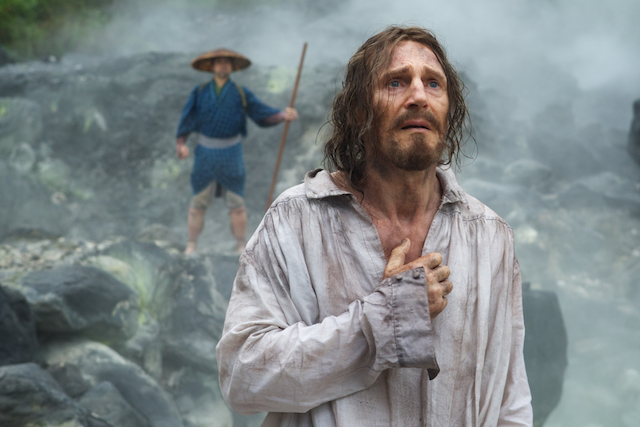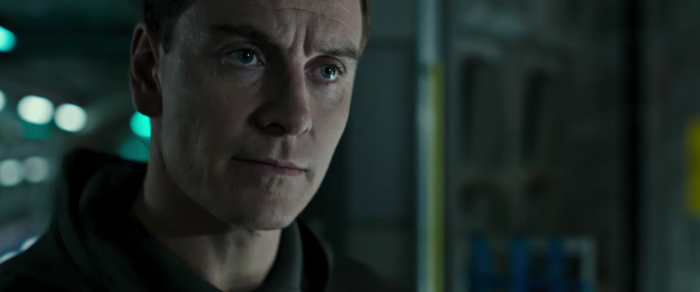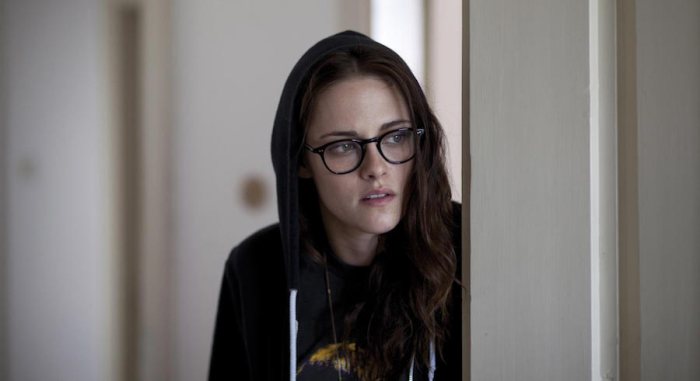In the grand scheme of things, we should have faith, if you will, in Martin Scorsese’s “Silence.” This present time will pass, and future generations may think of it the way some of do now: as one of a legendary filmmaker’s finest and boldest films, and one of the cinema’s most insightful studies of faith. If this sounds more Buddhist than Christian, then so be it — no offense to the film’s protagonists: Jesuit priests (played by Andrew Garfield and Adam Driver) trying to survive in a Buddhist country four centuries in the past. We say this because right now, as a piece of Hollywood product, “Silence” looks as doomed as its heroes. Scorsese’s $50 million epic, which opened in New York around X-mas and spread wider last week, invades the nation’s multiplexes this Friday. And it doesn’t look like it’s going to triumph over “Monster Trucks.” Its box office has been fine but not great, and that’s among snooty city-dwellers. How will a serene, contemplative tortoise of a movie that runs nearly three hours play in Peoria? There’s more proof “Silence” will tank than there is that God is real. Already the box office pundit knives are out. Kyle Smith, writing in the New York Post, dubbed it “unambiguously the biggest flop of the season.” His review deemed it slow and long and dull, as did Mick La Salle’s in the San Francisco Chronicle, whose hed called it “Scorsese at his worst.” It has a sturdy 85 percent on Rotten Tomatoes, but the rottens include no less a luminary than the New York Times’ Manohla Dargis, who found much to admire but still felt a “crushing lack of urgency in the story and its telling.” And it’s barely making a dent in awards season. “Silence” was entirely shut out of both the Golden Globes and the BAFTAs. (Oscar noms won’t be announced till Jan. 24, but praying for a turn of the tide is like waiting for Trump to get ousted from office.) Even critics groups aren’t biting; so far it’s scored only at the National Board of Review, and for its screenplay, which isn’t even its best part. RELATED: Our original review of “Silence” Carping about the response to a movie with so many good reviews (it’s “certified fresh”!) might seem greedy, while it’s simply unclean to weigh the merits of a new Martin Scorsese picture based on how much dough it brings in. The awards, though, hurt, and not because Scorsese only makes movies for trophies. Reductive and annoying as they are, awards help direct the masses’ attention towards diamonds in the rough, ensuring atypical art becomes part of the cultural conversation, thus making the world that much richer. The dearth of awards means a great movie might get lost. And if “Silence” gets lost, it will take that much longer for people to potentially reclaim it. And if people are reluctant to give it a chance, then it might spend an eternity tagged as a slow, long, dull film critics praised out of slavish respect for an untouchable master. (From a more immediately practical angle, it also means studios will be reluctant to give one of the great old school titans truckloads of money to make whatever he wants.) We understand “Silence” is a tough sell. It is slow and long; we wouldn’t say it’s “dull,” but it takes some getting used to. You have to get into its languorous rhythms. You have to realize that it won’t offer easy answers about belief, or even about the rightness of its Western hero’s actions. The movie very carefully raises questions about whether what they’re doing — sneaking into 17th century Japan to convert locals to the fold — is righteous or arrogant, maybe even imperialistic. Garfield’s character, Rodrigues — who eventually finds himself jailed and asked to publicly deny his faith, lest his flock be brutally murdered — begins to wonder if God is silent because he’s just not there; when he sees visions of Jesus in a river or hears voices, it’s unclear whether they’re real or he’s losing his mind. Scorsese doesn’t direct it in his usual keyed-up fashion; he takes his time, and even scenes of unimaginable horrors (people crucified at sea or boiled alive or burned en masse) are presented plainly, as though observing a world untouched by a divine hand. This isn’t “The Passion of the Christ” because, set-up aside, it’s not a film that simply turns Christians into victims. It is, in short, not very trendy. And because of that it might wind up written off as a well-reviewed misfire. We feel like the lonesome, wandering Rodrigues as we sing its praises, hoping against hope that it will make a larger connection in a cultural landscape that’s become evenly split politically but homogenous when it comes to movies. Because, deep down, we feel that the leftfield success of “Silence” would be proof of the impossible: that moviegoers can be open-minded; that art can be interpreted in ways that aren’t depressingly narrow; that people, even critics, can stop complaining about long movies, as though they would have done anything better with their time than watching a bold and challenging new Martin Scorsese picture. Even if it plays to empty theaters a la Warren Beatty’s (underrated) “Rules Don’t Apply,” we wish that it will one day soon be seen as the fault of moviegoers, not the movie itself. Speaking in our full capacity as godless heathens, we hope people will give the film about faith a chance.
Martin Scorsese’s ‘Silence’ doesn’t deserve to be ignored

Kerry Brown
Follow Matt Prigge on Twitter @mattprigge


















